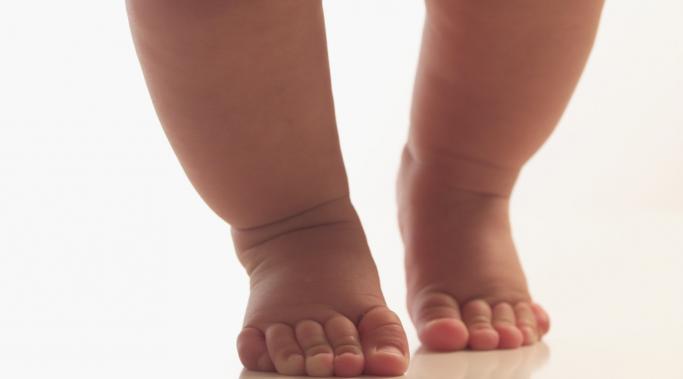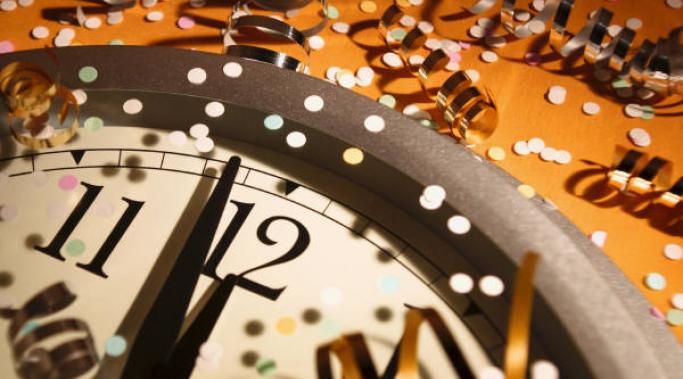I often hear from people who are in the very nastiest, lowest, deadliest pits of despair in their bipolar depression. It’s natural to reach out during these times. You need help and you need help now. And what these people want to know is:
How can I fix my life?
The answer to this question is both good and bad. The answer is: baby steps.
Breaking Bipolar
I’ve been writing about bipolar disorder and mental illness for 11 years. Eleven years. It’s been a long road.
And during that time I have heard a lot of people say a lot of horrible things about people with bipolar disorder. In no particular order, people have accused people with bipolar disorder of being: violent, manipulative, self-centered, selfish, abusive and many other negative things.
Certainly, if I bumped into a person with those characteristics, I wouldn’t want to be in a relationship with him or her. However, are people with bipolar really like that? Should people with bipolar disorder be in relationships? (I'm Bipolar: Will Anyone Ever Love Me?)
I’m sick. I’ve been sick for five days. I’ve been sick and really annoyed about being sick for five days. Writers do not get paid for sick days. (And speakers have to cancel talks. Darn it.)
And while I’ve said before that it's unfair that people with bipolar disorder should have to go through normal annoyances like colds and flus, it seems that the universe begs to differ with me on that one. And so some kind of virus I have gotten.
But I think that bipolar interacts with your average bug and you average bug interacts with bipolar disorder, so how do you deal with that?
Yesterday I turned 36 years old. Yes, that’s right, I’m on the “wrong” side of being in my mid-30s. And while I realize that, in our culture, being in your 30s is nothing to be proud of (especially if you’re a woman), I am, in fact, proud.
And here’s why.
I’m proud because I’ve been living with a serious mental illness for (at least) 16 years – and I have survived. Many of our brothers and sisters with bipolar disorder have not been so lucky and we should all celebrate for those who can’t.
I think we've all heard it - people using mental illness terms to describe something other than mental illness. But if you say, "The weather is sure schizophrenic today," is that okay? How about if you say, "Man, that girl sure is bipolar," after your friend gets angry with you. Is that okay?
In this video I look at ways that people using mental illness terms outside of talking about serious health issues and discuss whether this is acceptable or not.
Last week, I discussed the basics of postpartum depression, postpartum psychosis and how these conditions are more common in women with bipolar disorder. Today I’ll talk about screening for postpartum depression and postpartum depression as well as their severe effects on the child and the treatment of these conditions.
I am not a mom myself, but I am of the age that people around me are having kids. Accordingly, it seems time to take a look at some of the challenges new bipolar moms face. Challenges for the new bipolar mom include postpartum depression and postpartum psychosis, among others.
Over the course of 2013, the Breaking Bipolar blog handled all sorts of topics and not only did I have my say, but through the comments, you had yours too. Today I’d like to look back that the Breaking Bipolar blog articles of 2013 and maybe what we learned along the way.
I don’t believe in New Year’s resolutions, in general. That’s because people think far too big on January 1st and come up with things they have no hope of sticking to by February 1st. They have no plan. They have no short-term goals that lead up to the long-term goal. Their resolutions read more like wishes than anything else.
That being said, I think there are some New Year’s resolutions worth having for people with bipolar disorder. These New Year’s resolutions deal with the problems I see every day concerning bipolar disorder and are designed to address these issues.
This week is a week of celebration for many. But sometimes, when you have bipolar disorder, particularly if you’re not doing well, it can seem like there’s nothing about life to celebrate. Well, I beg to disagree. Even though you might be in the midst of a major depression or a mania, there are still things to celebrate – even if you have bipolar disorder.









